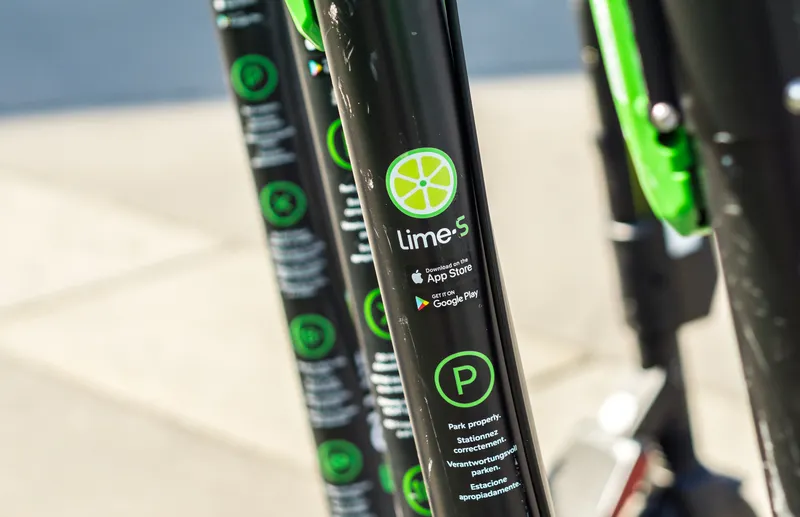
Collision Call is a new app which measures G-forces and will automatically alerts emergency services after a serious collision.
If the forces exceed a level dangerous to humans, the app automatically calls the alarm number in the relevant country and alerts programmed contacts by e-mail, allowing them to take immediate action. To prevent false alarms if the phone is dropped, the app only works after moving at above 30km/h for 10 seconds.
EU regulations require all new cars to be equipped with the Ecall emergency alert system from 2018 and expects the system to save 2500 of the current 25,000 traffic victims each year. Collision Call says its app provides a safe and cheap alternative that works in older cars, motorcycles, scooters, trucks, buses and trains.










